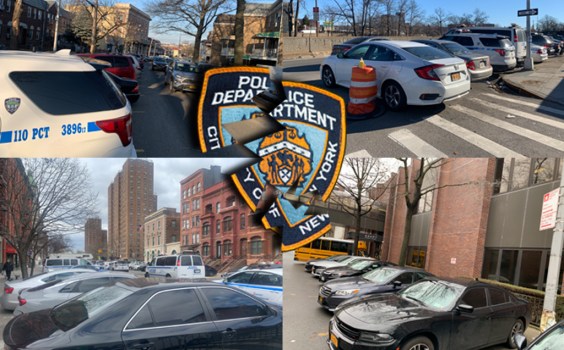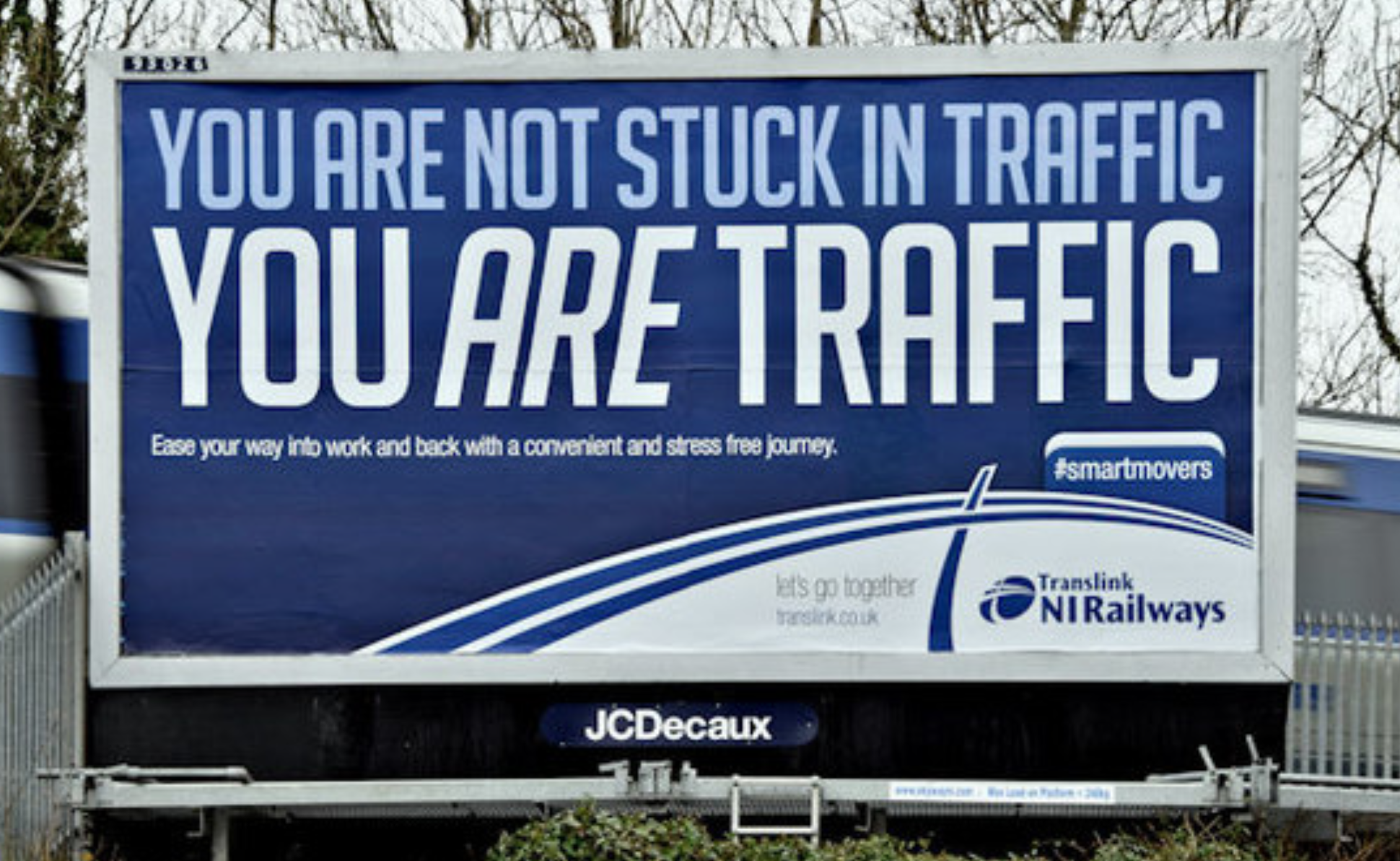While lawmakers maneuver to fill local transit agencies' operating budget gaps with economic stimulus cash, Rep. Russ Carnahan (D-MO) is taking it a step further with a proposal that would make federal operating aid permanent -- and use it as an incentive to spur more state-level funding as well as emissions reductions.
Carnahan introduced his bill on Monday with a single co-sponsor, Rep. Doris Matsui (D-CA), but the Missouri lawmaker is courting 10 other colleagues to sign on, according to advocates at the Transportation Equity Network.
At issue is the federal government's current ban on transit operating aid for cities with populations larger than 200,000. Yet cities are free to spend federal money on transit capital upgrades, leading to problems for agencies that can afford to purchase new trains but lack the money to run them.
Carnahan's hometown of St. Louis is feeling the sting of the current rules: Its Metro has had to cut bus service by 44 percent to help close a $50 million operating budget deficit.
But could permanent federal help with transit operating encourage urban areas to become unduly dependent on Washington? Yonah Freemark suggested this week that Congress should conclusively revamp its formula for transit funding before using stimulus money to rescue local agencies.
Carnahan's bill seeks to start that process by requiring larger metro areas to run at least 100 buses during peak travel times before federal operating aid can be used. State and local governments would also have to kick in extra money for transit operating to match the feds' increased contribution.
Transit agencies in areas that win some of Transportation Secretary Ray LaHood's $1.5 billion in stimulus grants would be eligible for even more federal money if they successfully reduce greenhouse gas emissions by 10 percent.
Carnahan's statement on the bill follows after the jump.
Localtransit agencies need options as they experience record-high ridershipand record-high costs. Transit not only connects neighborhoods; italso is part of any comprehensive plan to secure America's energyindependence and reduce global warming.





